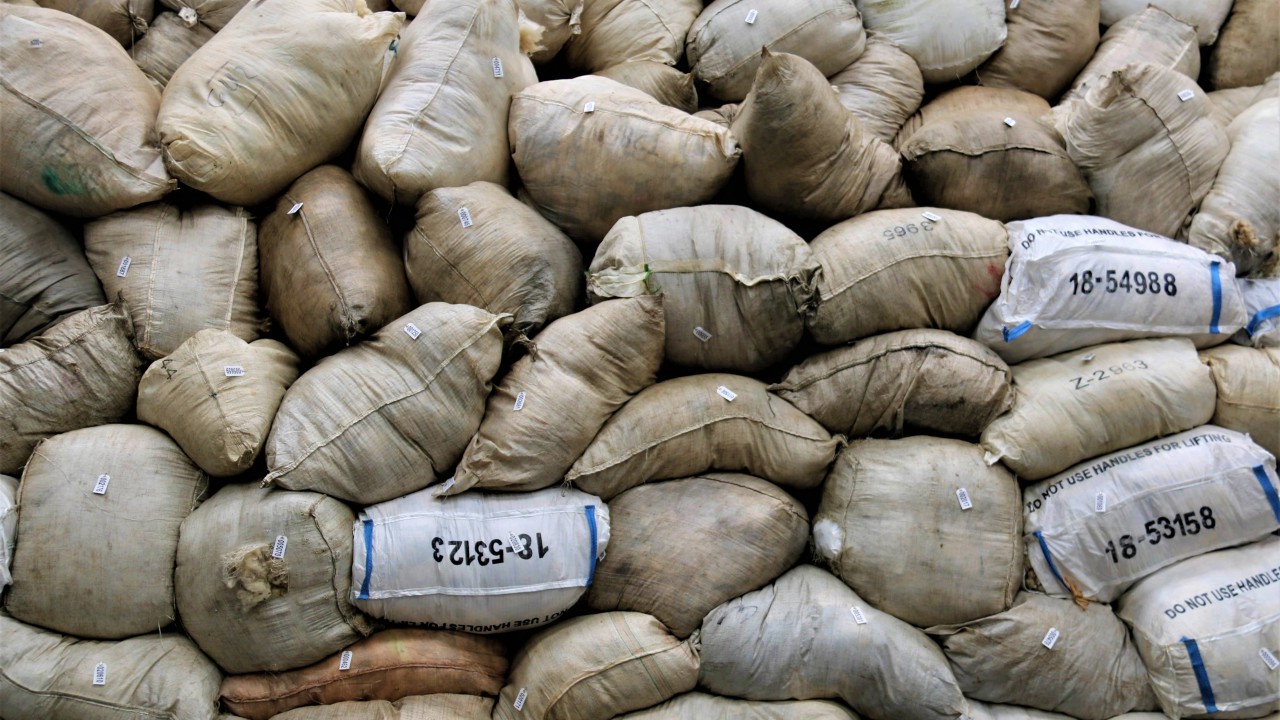The Farmers’ Union of Wales (FUW) is calling on consumers; politicians; and the construction, craft and fashion industries to support the wool sector ahead of Wool Week 2020 (October 5 – October 9).
Wool Week aims to highlight wool’s “natural performance qualities and ecological benefits”.
Speaking from his Carmarthenshire farm, FUW deputy president Ian Rickman said:
Every year our sheep will produce a new fleece and they will do so as long as there is grass for them to graze on, making wool an excellent renewable fibre source.
“That is especially true if compared to synthetic fibres, which require oil and refineries and are a non-renewable resource for fibre production.”
‘Sheep farmers actively work to safeguard the environment’
Rickman added that sheep farmers actively work to “safeguard the environment and improve efficiency in livestock production”. The pull on natural resources and reductions required in the use of fossil fuels, he says, means that consumers will have to look at their longer-term choices.
“We feed the nation with sustainable and well cared for lamb and take our responsibility to look after the environment seriously.
Fabrics such as polyester, nylon, acrylic, and other synthetic fibres are all forms of plastic and make up about 60% of the material that makes up our clothes worldwide.
“The tiny plastic particles shed from our clothes take a very long time to degrade in the soil and are ingested by fish and other animals.
“We therefore need to make choices on an individual level in terms of what we consume – be it food or clothes.”
‘Has to be more than just a pledge’
Rickman added that whilst it was encouraging that the Welsh Government has pledged to consider more British wool for insulation in public buildings, it has to be “more than just a pledge”.
The Covid-19 pandemic has had disastrous consequences for the wool industry, especially the export market.
“However, we believe that if there is a will and full commitment by governments to do the right thing, the benefits will be felt by our entire environment as well as sheep farmers.”

